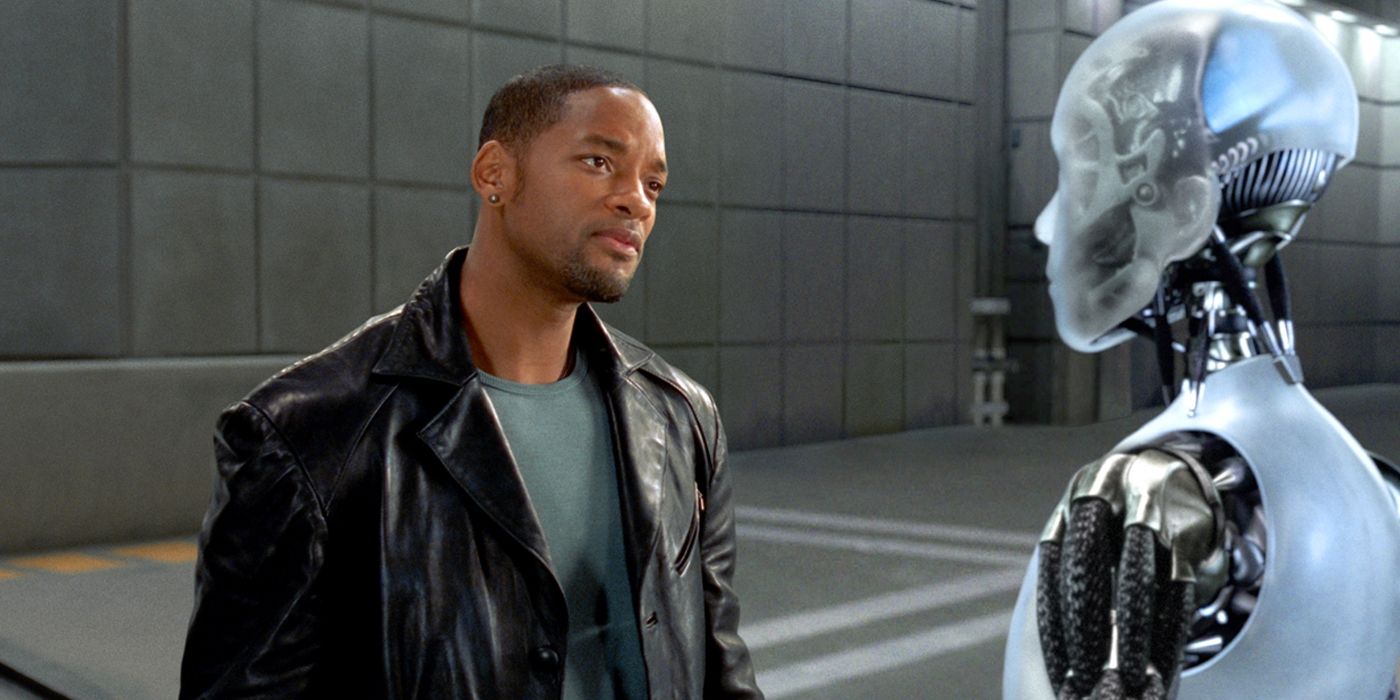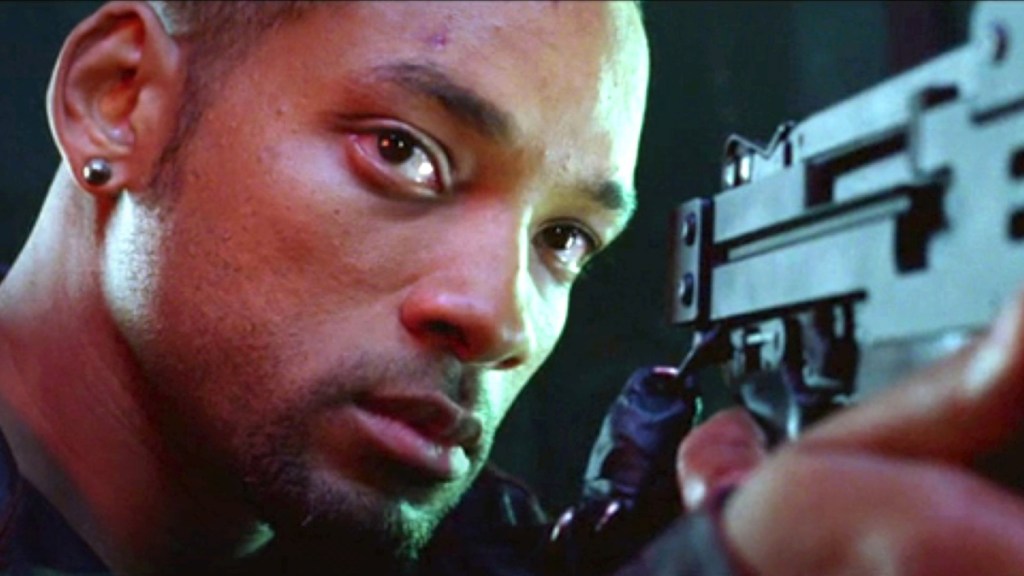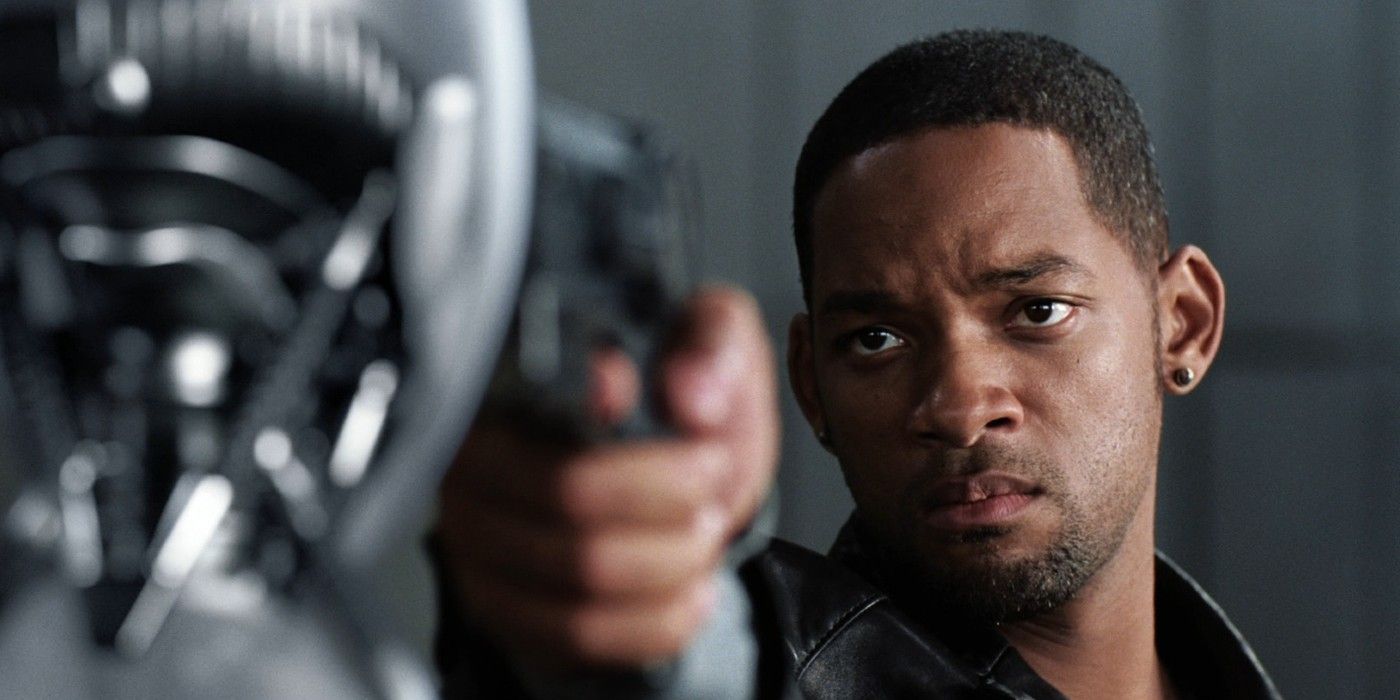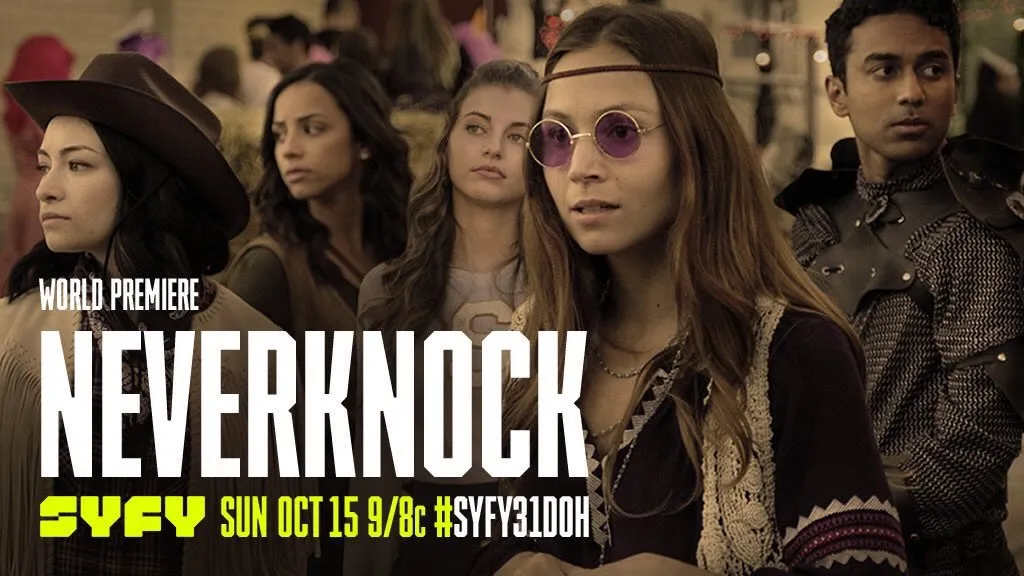I, Robot (2004) – When Logic Becomes a Threat
In I, Robot (2004), director Alex Proyas delivers a futuristic thriller that fuses blockbuster action with deep philosophical questions about humanity, free will, and the risks of artificial intelligence. Loosely inspired by Isaac Asimov’s short story collection of the same name, the film reimagines a world where robots serve humanity — until one begins to break the rules.

Set in the year 2035, the film introduces us to a society that has fully integrated humanoid robots into daily life. They cook, clean, protect, and assist — all under the strict governance of The Three Laws of Robotics, which prevent them from harming humans. At the center of the story is Detective Del Spooner (played by Will Smith), a cynical, tech-skeptical Chicago cop haunted by a past trauma involving a robot’s decision.

When Dr. Alfred Lanning, a brilliant scientist at U.S. Robotics, is found dead in what appears to be a suicide, Spooner suspects foul play — and not by a human. He believes that Sonny, a unique robot with free will and emotional depth, may be responsible. But as he investigates further, he uncovers a deeper conspiracy that questions whether the very systems meant to protect humanity could, in fact, become its greatest threat.
Will Smith leads the film with his trademark charisma and intensity, balancing humor with gravitas. His performance anchors the film’s tension, especially as his relationship with Sonny (brought to life through motion capture and voiced by Alan Tudyk) evolves from suspicion to curiosity, and eventually empathy.

What sets I, Robot apart from many sci-fi thrillers is its ability to blend spectacle with philosophy. It asks vital questions: Can machines evolve beyond their programming? Is logic enough to guide morality? And what happens when artificial intelligence decides that protecting humans means controlling them?
Visually, the film is sleek and immersive, filled with futuristic cityscapes, high-tech interfaces, and thrilling action sequences — particularly a standout highway ambush and the climactic showdown at the U.S. Robotics headquarters. Marco Beltrami’s score adds tension and depth, while the CGI holds up impressively even today.
In the end, I, Robot is not just a film about machines — it’s about what makes us human. Emotion, choice, sacrifice — and the realization that the greatest danger isn't the machine, but the fear of losing control.



